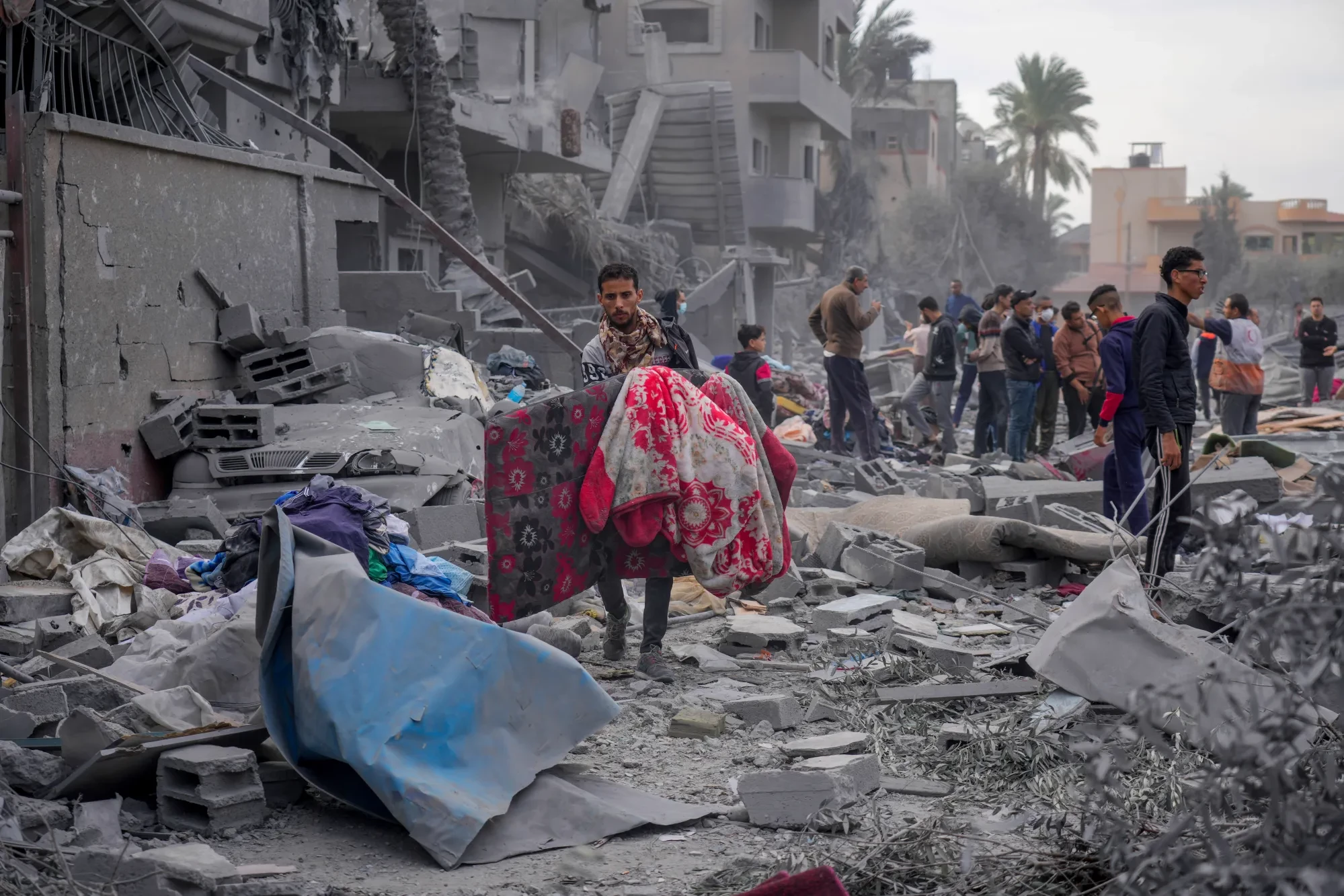Major NGOs call for longer Israel-Hamas truce

Stay tuned with 24 News HD Android App

Humanitarian and human rights organisations on Wednesday said a four-day truce in the Israel-Hamas war was too short and called for more time to deliver vital aid to the Gaza Strip.
A deal was announced early Wednesday to free 50 hostages held by Hamas in Gaza in exchange for the release of Palestinian prisoners and a truce.
The agreement, brokered by mediator Qatar, is the most positive development to date in the conflict, which began on October 7.
But on a conference call of major NGOs, the executive director of Amnesty International USA, Paul O'Brien, said the lull was "not enough and it's certainly not enough in human rights terms".
Jason Lee, Save the Children director for the Palestinian Territories, said while the truce was "a welcome step in the right direction, it cannot replace a ceasefire".
"There must be a ceasefire from an operational perspective and from a safety perspective," he added.
The head of the UN children's agency UNICEF, Catherine Russell, earlier told the UN Security Council that Gaza was "the most dangerous place in the world to be a child".
Israel, which says Hamas fighters killed 1,200 people in its initial raid, has cut off fuel, water and energy supplies to Gaza while it goes after the masterminds of the attack.
That response, which the Hamas-run health ministry in Gaza says has killed more than 14,000, has caused hardship for civilians, with NGOs concerned about lack of clean water, shelter, food and power for hospitals.
The executive director of medical charity Medecins du Monde, Joel Weiler, said the truce could bring some respite.
"We may be able to bring drugs, fuel, but we will not be able to manage it correctly, and to reach people that are in need," he added.
Danila Zizi, Handicap International director for the Palestinian Territories, agreed, calling temporary lulls in the fighting "nowhere near enough to reach the population in need".
"In four hours or four days, we cannot deliver food to two million people, care to two million people," she said.
